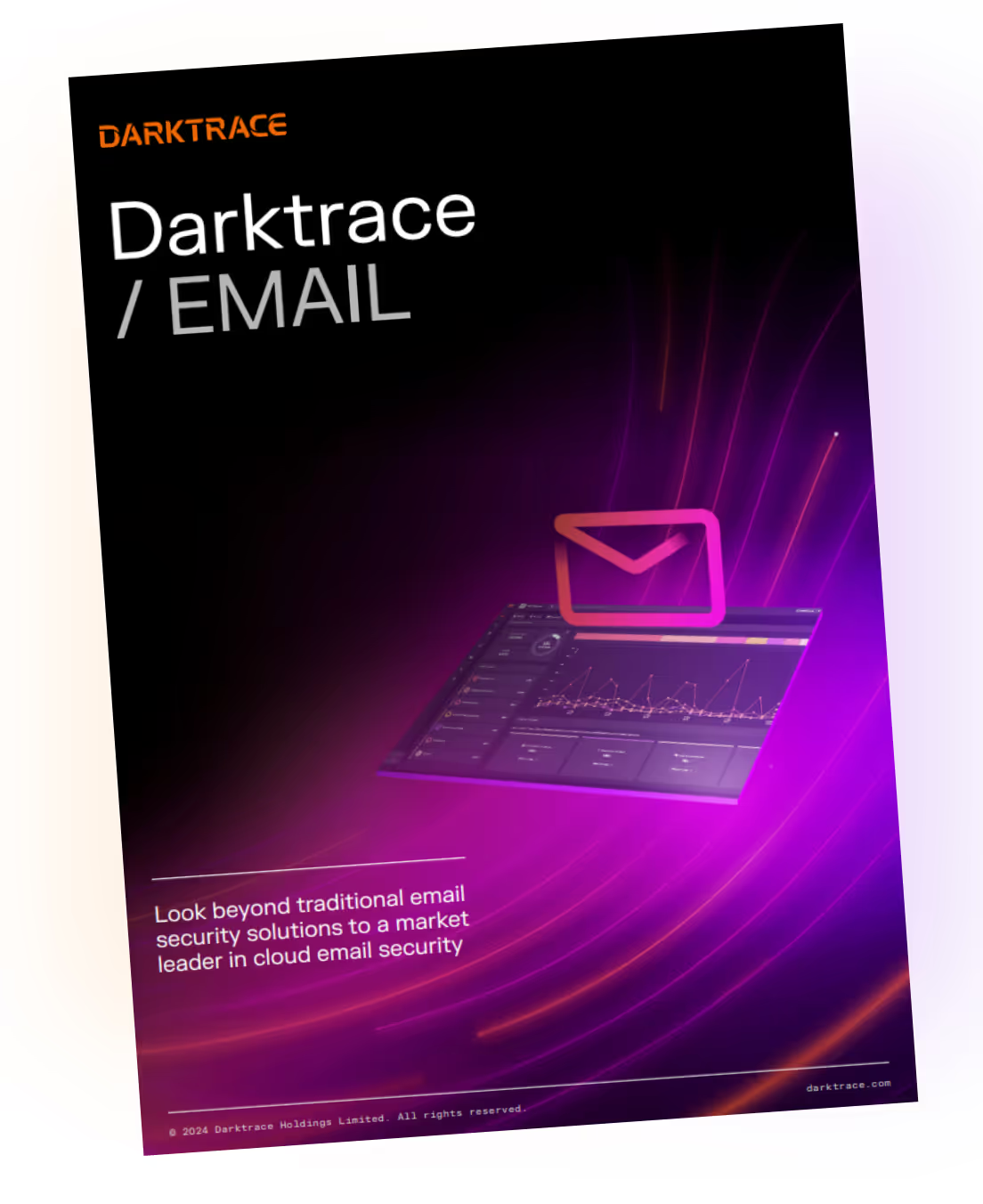Email security policy
Introduction: Why your business should have an email security policy
An email security policy is essential for safeguarding an organization’s sensitive data and maintaining overall cybersecurity hygiene. With email being a primary attack vector for cyber-attacks like phishing, social engineering, and malware distribution, it is crucial to implement protective measures. This policy outlines the rules and procedures employees must follow to ensure secure email usage, helping reduce risks, enhance incident response, and prevent data breaches. It also sets clear expectations, contributing to a safer digital environment and supporting the organization's broader security framework.
What is an email security policy?
An email security policy is a set of guidelines that define how employees should use email systems securely within an organization. It establishes rules for handling sensitive information, protecting against malicious attacks, and ensuring compliance with security best practices.
Example of an email security policy: An email security policy might require employees to use strong passwords, avoid clicking on suspicious links, and report phishing attempts immediately. It may also mandate encryption for confidential emails and outline procedures for dealing with email-related data breaches.
Threats in the modern cybersecurity landscape
Cyber threats targeting email systems continue to evolve, making it essential for businesses to stay vigilant. Below are key threats in the modern landscape and why businesses should have an email security policy:
- Social engineering attacks: These attacks, like phishing or spear-phishing, manipulate employees into revealing sensitive information. Attackers often impersonate trusted contacts to exploit human error.
- Data breach risks: Email is a common entry point for hackers. A single compromised email can lead to widespread data theft, financial loss, and reputational damage.
- Ransomware and Malware: Malicious email attachments or links can deliver harmful software, encrypting valuable business data or providing backdoor access to company systems.
- Phishing: Phishing is an email based cyber-attack used to compromise sensitive information. Phishing takes a targeted approach that sometimes uses social engineering techniques to trick victims by acting as a verified sender.
Recent examples include:
- A major retailer’s email breach, compromising millions of customer accounts, leading to severe financial penalties and loss of consumer trust.
- A healthcare provider’s phishing attack, which resulted in the exposure of patient medical records and legal ramifications.
Email security policy benefits
Implementing a comprehensive email security policy offers numerous benefits for companies, providing protection and peace of mind in a complex cybersecurity landscape.
- Protection from threats: An email security policy establishes clear guidelines to defend against email-based attacks, such as phishing, malware, and social engineering. This helps protect the company from data breaches, financial losses, and reputational damage.
- Confidentiality: By outlining encryption protocols and secure email practices, the policy ensures that sensitive information remains confidential. This is particularly important for industries that handle personal data, like healthcare and finance.
- Regulation compliance: Many industries are subject to strict regulations regarding data security. An email security policy helps organizations stay compliant with regulations such as GDPR, HIPAA, or CCPA, avoiding legal penalties and fines.
- Better productivity: A well-defined policy streamlines email usage, reducing the risk of security incidents that disrupt business operations. Employees know how to handle potential threats, minimizing downtime and improving overall productivity.
- Peace of mind: Knowing that email systems are protected offers peace of mind for both employees and leadership. With protocols in place, employees feel confident that they can use email securely without the constant fear of cyber-attacks.
The email security policy benefits are clear: it provides a proactive approach to protecting digital communications, ensures
How to build a strong email security policy
Creating a robust email security policy is essential for protecting an organization from email-based threats. A well-structured policy should include the following key elements:
- Strong Passwords: Require employees to use strong, unique passwords for their email accounts, regularly updating them and avoiding re-use across different platforms. Implement password complexity rules and encourage the use of password managers for added security.
- Email Encryption: Mandate the use of encryption for any emails containing sensitive or confidential information. This ensures that unauthorized individuals cannot access the contents of these emails, even if they are intercepted.
- Multi-Factor Authentication (MFA): Enforce the use of MFA for all email accounts. By requiring a second form of authentication, such as a code sent to a mobile device, organizations can add an extra layer of security against unauthorized access.
- Regular training: Provide ongoing cybersecurity training to employees, teaching them how to recognize phishing attempts, social engineering tactics, and other email-based threats. Training should be updated regularly to reflect the latest cyber threats.
- Clear Incident Response Procedures: Establish and communicate clear steps for reporting suspicious emails and responding to potential security incidents. Employees should know who to contact and how to react if they receive a phishing email or detect any unusual activity.
By incorporating these elements, organizations can build a strong email security policy that protects their digital communications, prevents data breaches, and reduces vulnerability to cyber-attacks. A proactive approach ensures that employees remain vigilant and that email systems are secure from potential threats.
Email Security Vendors: Darktace’s Approach to Email Security

Darktrace's revolutionary approach to email security doesn't rely on insights gleaned from past data. Instead, it develops in-depth insights into the usage patterns of each setting and user.
By analyzing this information, Darktrace / EMAIL can quickly detect, flag, and address deviations. Our leading AI technology develops a typical usage profile for every user, which includes their relationships, link-sharing patterns, tone and sentiment, content, and more.
Darktrace / EMAIL stops sophisticated security risks to businesses through email fraud, such as generative AI attacks, data loss, supply chain attacks, account takeovers, BEC, and ransomware, by understanding the human behind email communications instead of just basing strategies on past attacks.
Try our free demo or find out more about Darktrace / EMAIL in our Solution Brief.








